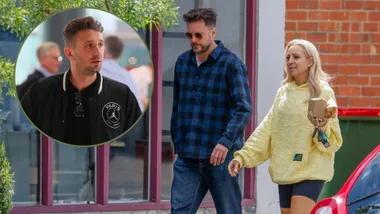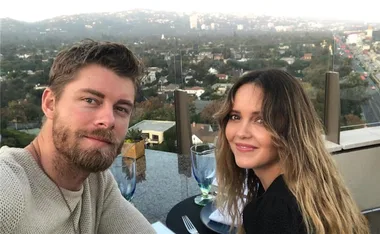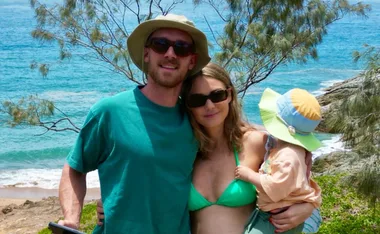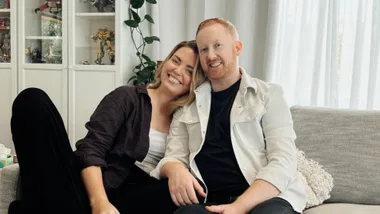I hated cabbage till the day I discovered they didn’t have to be boiled. Boiled cabbage looks like wet washing — and smells a lot worse. But stir—fried cabbage, with garlic and olive oil and a touch of soya sauce, is wonderful or, better still, broccoli or brocollini with olive oil and lemon juice, steamed bok choi, or grated red cabbage with apple…
Cabbages come from a family called brassicas. Brassicas include cauliflower, broccoli, Brussel sprouts, bok choi, as well as the lovely frilly and colourful ‘curly kales’. Some brassiacs can be grown in summer, especially the ‘Chinese cabbages’ like bok choi and wom bok. But basically cabbage is a cold weather beast. Hot temperatures make brassicas taste like the bottom of the garbage bin. In winter any of the cabbage family comes into its own.
And once you have them growing – wow. One big cabbage can feed a family for a week; well-fed brocolli will keep giving broccoli stems for months, as will broccolini, and wom bok and bok choi can be ready to harvest six weeks from planting. In other words, if your budget is starting to pinch, think about growing some brassicas – even if it’s just a styrofoam box of bok choi on the patio.
Autumn is a great time to plant any brassicas, anywhere in Australia or New Zealand. The soil is still warm enough even in cold areas for them to get a good growth spurt before winter, and they’ll mature when the days are crisp and cold.
Some Cabbagey Ideas:
Once upon a time a row of cabbages and caulies was a boring thing to have in the backyard. These days we have more interesting ways to grow brassicas — as well as more delicious ways to eat them.
Gorgeous Curly Kale:
Curly kale comes in many colours – and it’s as hardy as cabbages. It looks great in a bed in the front garden, but you can eat it too. Try a long row of curly kale to edge a garden bed, or several plants frilling out of a big pot. Then pick the leaves as you need them (more will grow) and eat your kale. You can eat it stir-fried, steamed or chopped finely as a colourful coleslaw. It also grows well in pots – again, as long as it’s well fed. Curly kale needs excellent tucker if it’s going to produce big heads.
A Box of Bok Choi:
Fill an old styrofoam box from the supermarket with good potting mix. Scatter on a packet of bok choi seeds. Water well; feed with liquid fertiliser according to directions on the packet. Thin out the little ones and eat them after about a month. The ones that are left will grow bigger.
Potted Broccoli:
One medium size pot will give you one enormous well-fed broccoli plant. Squirt on a good liquid fertiliser every week, pick the heads as they form, and it should keep giving you small side shoots for months, all the way through spring and the beginning of summer.
Cabbages (and curly kale, caulies etc) are easy to grow, as long you:
1. Plant them at the right time: to mature in cool weather for the best tasting, firmest vegies.
2. Feed them well – a starved brassica is a spindly thing.
3. And protect them from caterpillars.
Feeding:
You don’t feed any of the cabbage family they sulk – and you get a poor crop, or none at all. You need a good fertiliser with lots of trace elements – any of the organic fertilsers based on hen manure are great, but otherwise check the side of the package to make sure they have calcium, magnesium and phosphorus in the mix. Compost is perfect, of course, and a good lucerne mulch will help just about any crop along. Just remember: if your brassicas aren’t growing well, if they’ve got skinny looking leaves or the leaves look pale or purplish, then the poor things are hungry.
Keeping off the Caterpillars:
Caterpillars love brassicas – they’ll come from kilometres around just to invade your garden. (I’m not joking here – the white butterflies or moths can sense a cabbage crop from very far away.)
As soon as you notice a tiny nibble at the leaves, act. Try an organic pyrethrum-based pesticide or get the kids to squish the caterpillars between their fingers. You can also cut out the bases of old soft drink bottles to make ‘plant guards’ for seedlings, though you’ll need to take them off when the plants get too big to fit in them easily. These ‘plant guards’ will also keep off slugs and snails — and make a mini greenhouse, too, so your plants grow even faster.
I cover our brassiacs with ‘fruit fly netting’- it keeps moths and butterflies away too. Other gardeners cover their broccoli and cabbages with movable wire cages bent up from wire mesh about 1 cm square to protect them from pests as well as bower birds, who love brocolli in particular.
When to plant brassiacs:
Tropical areas:
Cabbage and curly kale: Feb – November
Bok choi, wom bok etc: Feb – November
Broccoli: May – June
Brussel Sprouts: Not suitable as they become puffy.
Cauliflower: Feb – April
Subtropical areas
Cabbage and curly kale: All year — choose varieties carefully for hot weather.
Broccoli: All year — choose varieties carefully for hot weather.
Brussel Sprouts: Not suitable as they become puffy.
Cauliflower: Jan — April
Bok choi, wom bok etc: Any time of the year
Temperate areas
Cabbage and curly kale: July — March
Broccoli: Late December — May
Brussel Sprouts: Late December — March
Cauliflower: Late December — March
Bok choi, wom bok etc: Any time of the year
Cool areas
Cabbage and curly kale: August — March
Broccoli: October — February
Brussel Sprouts: September — February
Cauliflower: September — January
Bok choi, wom bok etc: Any time of the year
Seed germinates: Between 4°C and 24°C but is best sown when the temperature is over 16°C. Seeds emerge: 6 days.
Time until first picking
Cabbage: 8 — 16 weeks.
Broccoli: 12 — 16 weeks.
Brussel Sprouts: 16 — 20 weeks.
Cauliflower: 14 — 26 weeks.
Curly kale: 6 — 12 weeks
Bok choi, wom bok etc: 6 — 10 weeks
Newsletter conversion description. Get the latest in your inbox.









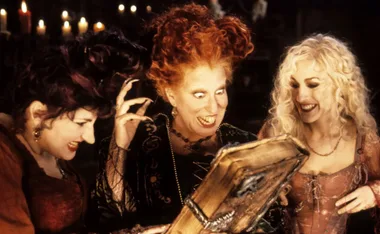






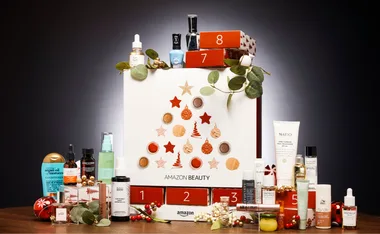






















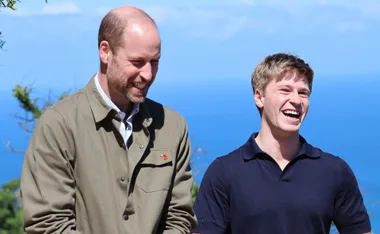

.png?resize=380%2C285)

